What complications you may develop due to Diabetes?
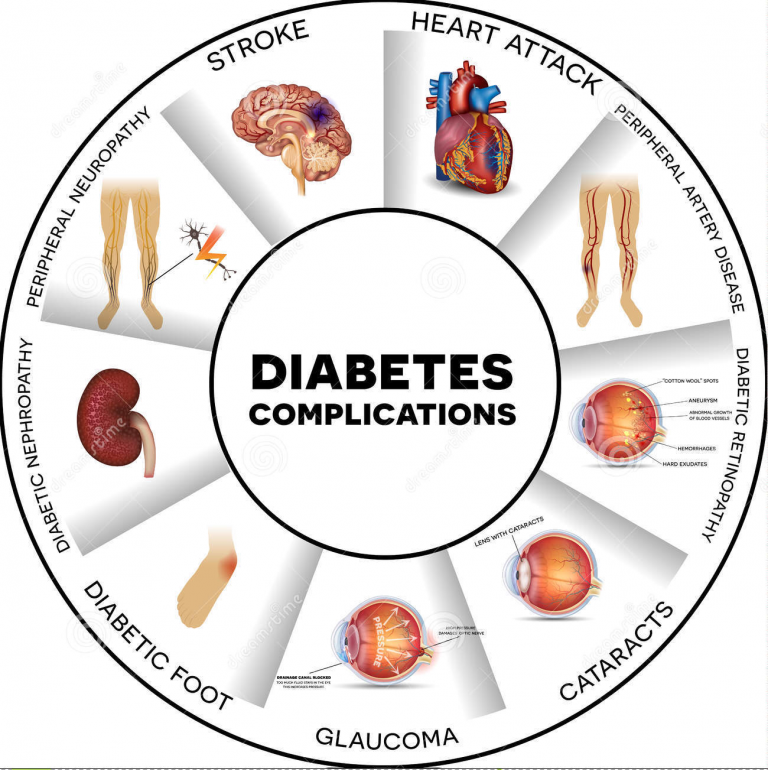
High blood sugar levels can seriously damage parts of your body, including your feet and your eyes. These are called diabetes complications. But you can take action to prevent or delay many of these side effects of diabetes.
You might hear your healthcare team talk about two types of diabetes complications: serious ones that build up over time called chronic complications and ones that can happen at any time called acute complications.
Chronic Complication
These are long-term problems that can develop gradually and can lead to serious damage if they go unchecked and untreated.
Eye problems:
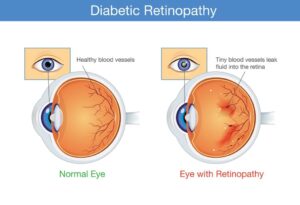
Some people with diabetes develop an eye disease called diabetic retinopathy which can affect their eyesight. If retinopathy is picked up – usually from an eye screening test – it can be treated and sight loss prevented.
Foot problems:

Diabetes foot problems are serious and can lead to amputation if untreated. Nerve damage can affect the feeling in your feet and blood sugar can damage the circulation, making it slower for scores and cuts to heal. That’s why it’s important to tell your healthcare professional if you notice any change in how your feet look or feel.
Heart attack and stroke
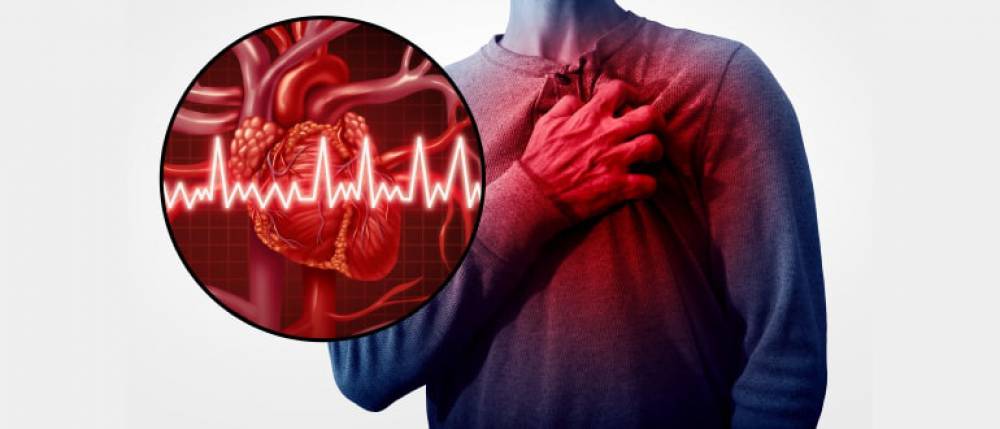
When you have diabetes, high blood sugar for a longer time can damage your blood vessels. This can sometimes lead to heart attacks and strokes.
Kidney Problems (Nephropathy) :
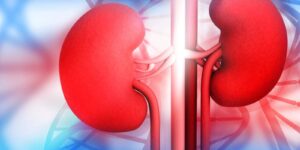
Diabetes can cause damage to your kidneys over a longer period making it harder to clear extra fluid and waste from your body.
This is caused by high blood sugar levels and high blood pressure.
It is known as diabetic nephropathy or kidney disease.
Nerve damage (Neuropathy):

Some people with diabetes may develop nerve damage caused by complications of high blood sugar levels.
This can make it harder for the nerves to carry messages between the brain and every part of our body so it can affect how we see, hear, feel, and move.
Gum disease and other mouth problems:

Too much sugar in your blood can lead to more sugar in your saliva. This brings bacteria which produces acid which attacks your tooth enamel and damages your gums. The blood vessels in your gums can also become damaged, making gums more likely to get infected.
Related conditions like cancer:

If you have diabetes, you’re more at risk of developing certain cancers. And some cancer treatments can affect your diabetes and make it harder to control your blood sugar.
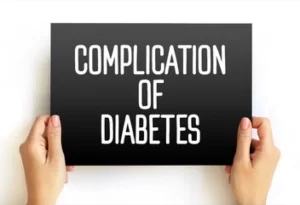
Acute Complication :
These can happen at any time and may lead to chronic, or long-term complications.
Hypos:
When your blood sugars are too low
Hypers:
When your blood sugars are too high
Hyperosmolar hyperglycemic state: (HHS)
A life-threatening emergency that only happens in people with type 2 diabetes.
It’s brought on by severe dehydration and very high blood sugar.
Diabetic ketoacidosis: (DKA)
A life-threatening emergency where the lack of insulin and blood sugars leads to a build-up of ketones
How do I prevent or delay complications?
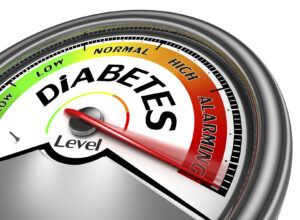
They are not inevitable. Keeping blood sugar, blood pressure, and blood fats under control will hugely help to reduce your risk of developing complications.
This means going to your diabetes health checks and finding out from your diabetes healthcare team how to look after yourself between appointments. You can prevent or delay the complications of diabetes.
But you need to take action and it is all about managing your diabetes well.
We’ve got lots of advice on what care to expect when you’ve got diabetes and how it can help you prevent or delay complications.
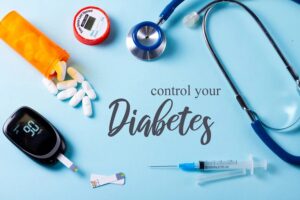
Keeping your HbA1c within the target range set by your healthcare team is important for reducing your risk of complications.
If your blood sugar levels are rising, talk to your Doctor. Your treatment may need to change to get your HbA1c back on target to avoid complications of high blood sugar.
Stop smoking

Smoking makes it harder for blood to flow around your body to places like your heart and your feet.
If you smoke, then stopping is a key part of reducing your chances of complications. Again, your Doctor will be able to help you quit.
